In an exclusive article for our IMO AGM preview, the Minister for Health Simon Harris describes the challenges facing doctors in Ireland, but also recent achievements that point the way forward for the profession
2019 will be a significant year in reforming the Irish health service. We have the policy platform and the vision outlined under Sláintecare and we will, this year, proceed with the major building blocks of reform.
Such change will be meaningless without the dedication of our staff, who continue to provide a high quality of care for patients, often in challenging and high-pressured circumstances.
Recruitment and retention of medical staff, consultants, NCHDs, public health specialists and doctors are pivotal to ensuring our goals under Sláintecare are met and to developing our public health services.
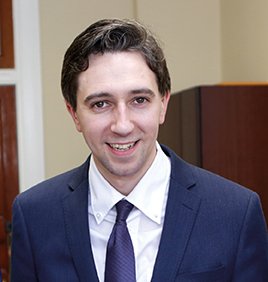
I, and the Government, recognise that the successful implementation of Sláintecare will require a highly-trained, skilled and motivated medical workforce.
The National Strategic Framework for Health and Social Care Workforce Planning, which I launched in November 2017, aims to support the recruitment and retention of the right mix of workers across the health and social care system to meet planned and projected service need.
The framework proposes a consistent approach to strategic workforce planning, along with the establishment of structures and governance arrangements that support and enable the application of this approach in the health sector and cross-sectorally, where appropriate.
The workforce planning programme set out in the Sláintecare Action Plan 2019 aims to ensure that the right teams are available, at the right time, to deliver on the clinical and service objectives of the Sláintecare reforms.
This is a significant challenge for a range of reasons, including the fact that there is a global shortage of medical staff. A number of reports, including those of the Public Service Pay Commission, NDTP, the Medical Council, Crowe Horwath and the RCSI’s Health Workforce Research Group, highlight the recruitment and retention challenges Ireland faces in respect of consultants, NCHDs and public health specialists.
Public health physicians
Against this background, I am particularly pleased that a detailed programme of work has now commenced following the publication of the Crowe Horwath Report on the Role, Training and Career Structures of Public Health Physicians in Ireland.
This year sees the start of a process that will lead to the specialty of public health medicine being substantially reformed and strengthened.
As envisaged under Sláintecare, public health practitioners will have a more holistic role within the health system, including the provision of leadership around the implementation of the new service delivery model.
Consultants
The Government remains committed to increasing the consultant workforce to enable the implementation of Sláintecare, to support service delivery and to move to a consultant-delivered service. The number of consultants working in the public health service continues to grow year-on-year, and increased by 117 in the year to the end of February 2019.
There are, however, significant recruitment and retention challenges. This is particularly so in certain locations and specialties, including psychiatry. The Public Service Pay Commission concluded that there is a general difficulty recruiting consultants and that the pay rates for new-entrant consultants had been highlighted as a significant factor in this.
The Commission, therefore, proposed that the parties to the Public Service Stability Agreement jointly consider what further measures could be taken, over time, to address this difficulty. Consideration will need to be given to potential solutions which are in line with public sector pay policy and available budgets. This will be a significant challenge, given the amounts involved.
However, it is recognised that the role of the consultant is pivotal and we must be in a position to recruit high-calibre consultants who are critical to the delivery of effective high-quality care to our people.
NCHDs
The Public Service Pay Commission recognised that training and promotional opportunities, costs incurred by NCHDs and their working environment need to be addressed. I was delighted to be able to allocate €5 million additional funding to meet training costs incurred by all NCHDs in 2019, increasing to €10 million in 2020.
I, my Department and the HSE, through the NDTP, are committed to improving the position of NCHDs who do not occupy training posts and who will be covered by the allocation.
NDTP is also looking at their position under the MacCraith process. I am very pleased that provisions in the Regulated Professions (Health and Social Care) (Amendment) Bill, 2019 will facilitate the entry to the trainee specialist division of some of these doctors, who meet the requirements for registration, and who have the offer of a specialist training post by the HSE in a recognised training programme.
General practice
I also want to take this opportunity to praise the leadership of the Irish Medical Organisation, who have intensively and robustly engaged with my Department to deliver a major programme of reinvestment in general practice.
This is a landmark agreement for the Irish health service that will deliver for patients, for doctors and for primary care.
Our healthcare professionals are the backbone of the Irish health service and I look forward to working with them on creating the world-class service we all strive for and our citizens so justly deserve.

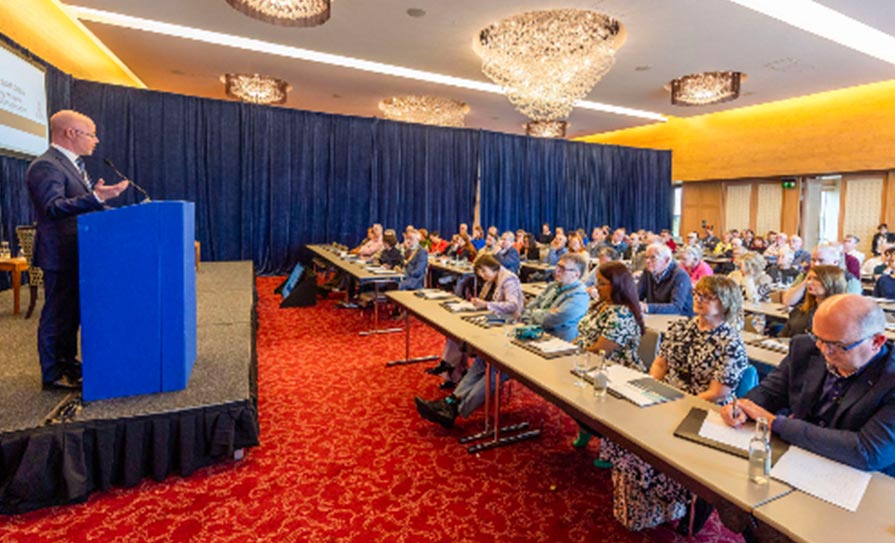

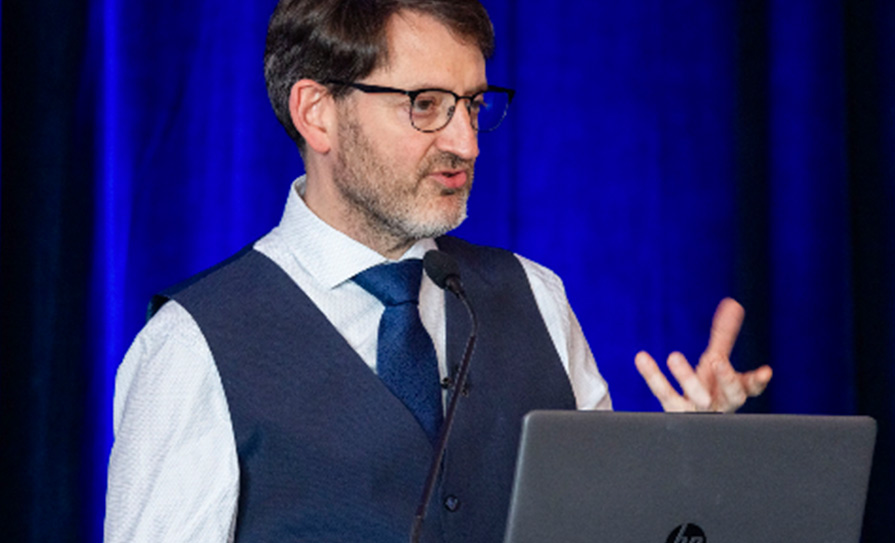
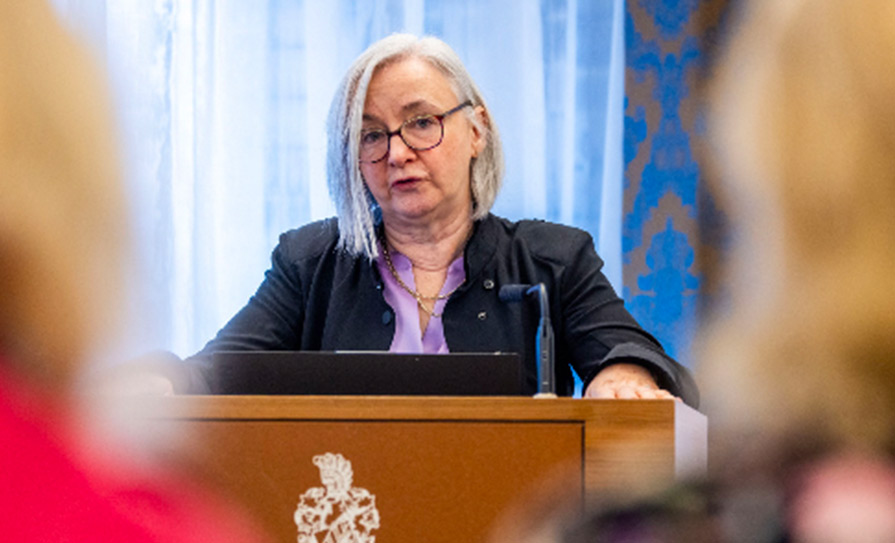

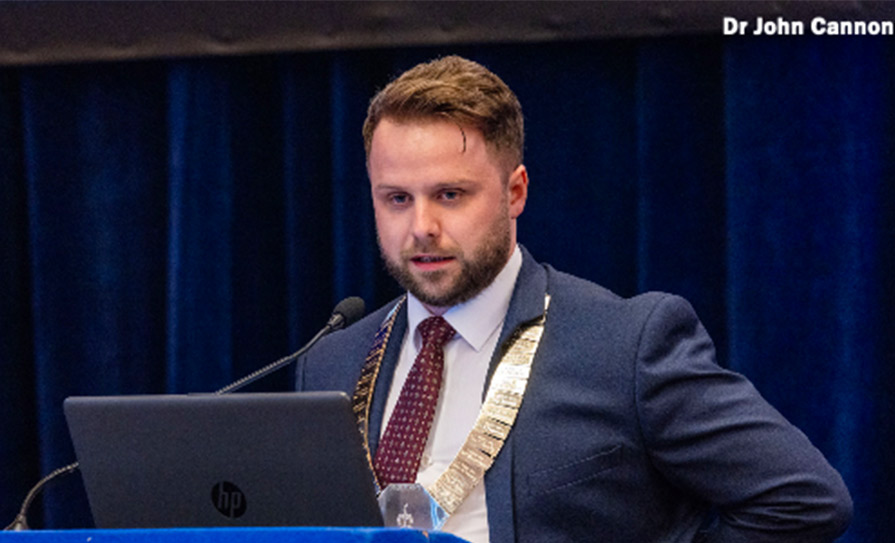
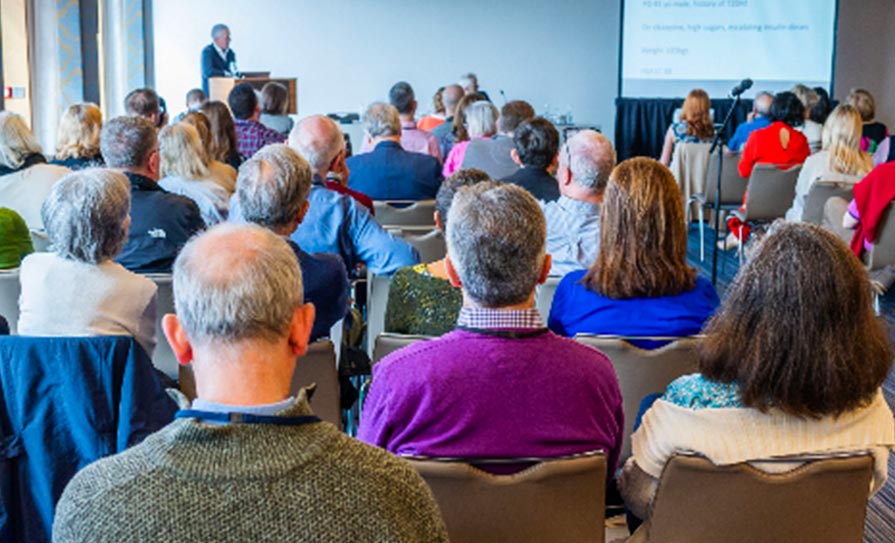




Leave a Reply
You must be logged in to post a comment.